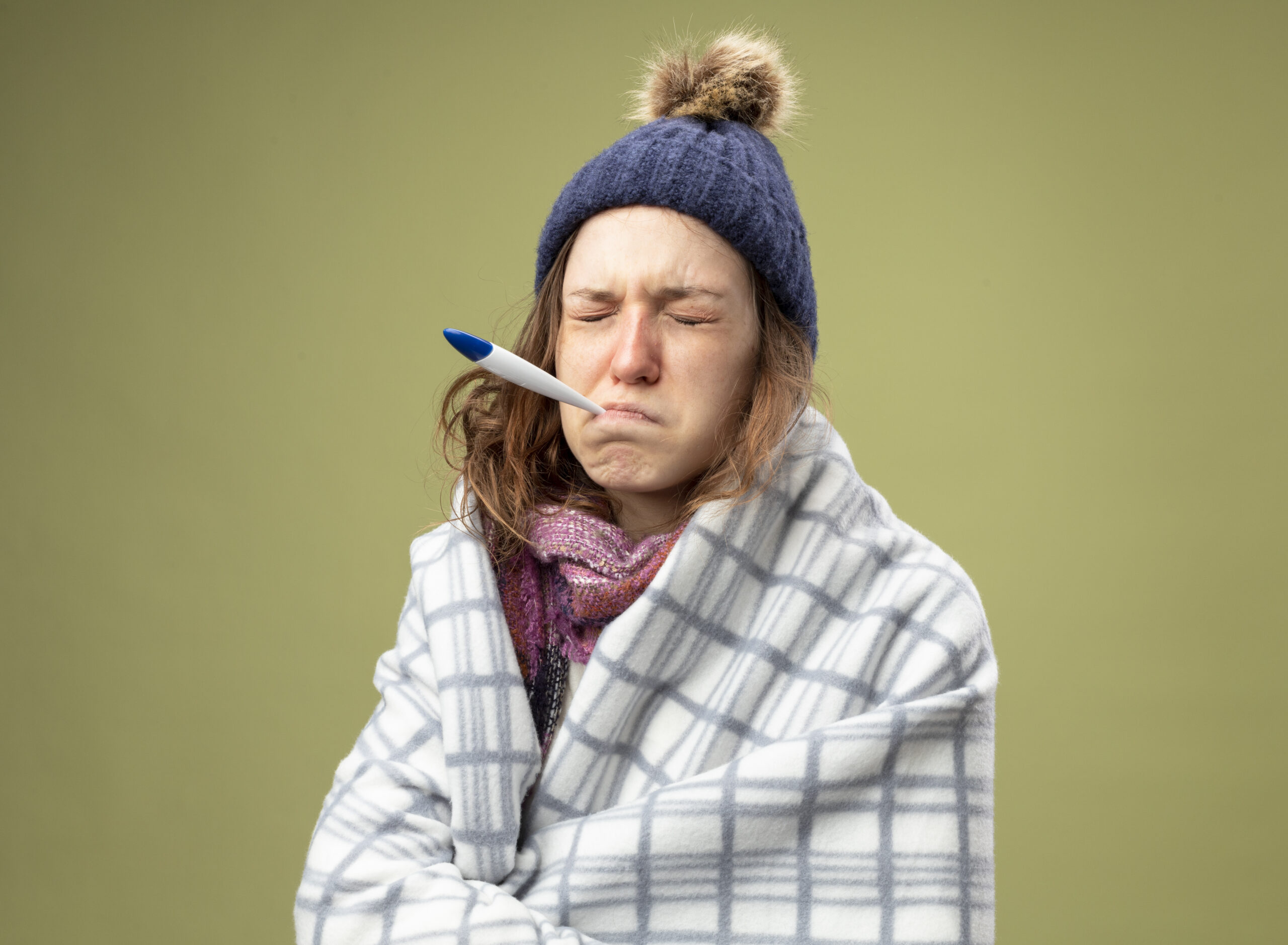Winter is well and truly in full swing. The coldest temperature recorded in June was 0 degrees Celsius on the 19th. And we could definitely tell it was cold that day!
Winter brings with it all sorts of ailments.
- Often joint disorders such as rheumatoid arthritis or osteoarthritis get exacerbated and joints ache.
- The cold air triggers coughing in asthmatics.
- If you don’t wear warm enough socks, then frostbite can be a villain.
- People reduce their exercise intake and can decline in exercise tolerance and mobility.
- Often vitamin D levels drop as people are less likely to have sun exposure.
One of the worst things that hits us all more through the cold weather is respiratory tract infections. But why are they more common in cold weather? Research tells us that the cold weather provides a better breeding ground for viruses, and it can also mildly reduce the body’s natural immunity.
Here are some hot tips to understand respiratory tract (and associated) illnesses:
- If you have a cluster of symptoms from different areas of the body (throat pain PLUS runny nose PLUS sore ear) then you’re more likely to be suffering from a viral illness rather than something caused by a bacteria. Bacteria tend to stay local.
- Some common bacterial infections: bacterial sinusitis, bacterial tonsilitis, otitis media (deep ear infection), otitis externa (outer ear infection), or pneumonia. These all have very specific symptoms for specific areas and will often need antibiotics.
- Antibiotics are not necessary for treating the common cold or influenza. Anti-virals, however, can be used to treat COVID-19.
- If you have cold and flu symptoms (Sore throat, runny nose, cough, body aches) you should have a Covid test. Covid presents in different ways – don’t get tricked.
- Manage your viral symptoms with home remedies – warm showers, warm drinks, keeping hydrated, nasal sprays, Vick’s vapour rub, sleeping upright (to mitigate the post-nasal drip).
- Post-viral coughs can last for 4 weeks or more. Some things you could try: warm honey drinks, steam therapy, keeping your room warm, sitting up in bed to sleep, nasal sprays. Cough mixtures can be helpful. Rikodeine is a cough syrup which helps but requires a script.
- If you find that your respiratory symptoms become drastically worse after they seemingly were improving then consider that you may have a virus that has developed into a secondary bacterial infection (Such as pneumonia, or sinusitis). Please see your doctor!
Lastly – please remember to practise good hand hygiene! Remember, it’s not the cold weather that makes you sick! It’s the transmission of a virus from one person to another. Wash your hands regularly. Avoid putting your hand to your mouth or nose unless clean. Wear a mask when able. Also – don’t forget to get some sun to blast away the winter blues!

0 Comments